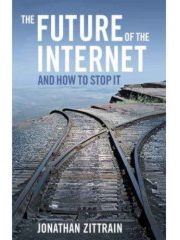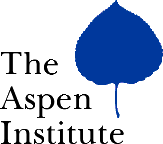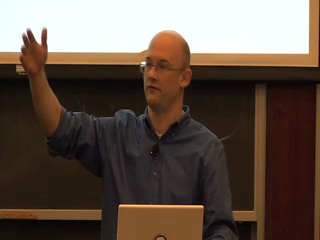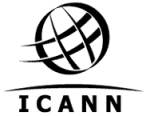 This Friday April 11 2008 Professor Jonathan Zittrain of the Oxford Internet Institute will be previewing his book “The Future of the Internet — And How to Stop It” in NYC. The event, which is in the form of a discussion, is presented by the Berkman Center for Internet & Society at Harvard Law School, Jeffrey Cunard and Bruce Keller, partners at Debevoise & Plimpton LLP, & Big Think. Susan Crawford, Visiting Professor at Yale Law School, will join the discussion. Yale University Press are the publishers of the book.
This Friday April 11 2008 Professor Jonathan Zittrain of the Oxford Internet Institute will be previewing his book “The Future of the Internet — And How to Stop It” in NYC. The event, which is in the form of a discussion, is presented by the Berkman Center for Internet & Society at Harvard Law School, Jeffrey Cunard and Bruce Keller, partners at Debevoise & Plimpton LLP, & Big Think. Susan Crawford, Visiting Professor at Yale Law School, will join the discussion. Yale University Press are the publishers of the book.
PLEASE NOTE THAT THIS EVENT IS NOW FULL. IF YOU HAVEN”T RECEIVED A POSITIVE RESPONSE TO YOUR RSVP DO NOT ATTEND! IT WILL BE VIDEOTAPED AND AVAILABLE HERE AFTER THE EVENT. A LARGER NYC EVENT IS PLANNED FOR APRIL 16. Continue reading


 In
In  In the current P2P world, torrenters and the like are discovering that a recent Windows-update – included in XP service pack 3, and Vista – alters the tcpip.sys file that governs Windows tcp behavior to limit users to just 10 ‘
In the current P2P world, torrenters and the like are discovering that a recent Windows-update – included in XP service pack 3, and Vista – alters the tcpip.sys file that governs Windows tcp behavior to limit users to just 10 ‘ The American Registry for Internet Numbers (
The American Registry for Internet Numbers ( An
An 
 Vint Cerf addressed current challenges to Internet development in a conference call with the ISOC
Vint Cerf addressed current challenges to Internet development in a conference call with the ISOC  The New York Broadband Advisory Committee held its fourth Public Hearing on Monday Mar 3rd 2008 at LaGuardia Community College in Queens. ISOC-NY videotaped the meeting and the audio has been posted on the
The New York Broadband Advisory Committee held its fourth Public Hearing on Monday Mar 3rd 2008 at LaGuardia Community College in Queens. ISOC-NY videotaped the meeting and the audio has been posted on the  On Feb 12 at the recent ICANN meet in New Delhi the
On Feb 12 at the recent ICANN meet in New Delhi the  At the recent meeting in New Delhi the ICANN At-Large Advisory Committee (ALAC) formed a
At the recent meeting in New Delhi the ICANN At-Large Advisory Committee (ALAC) formed a  As
As